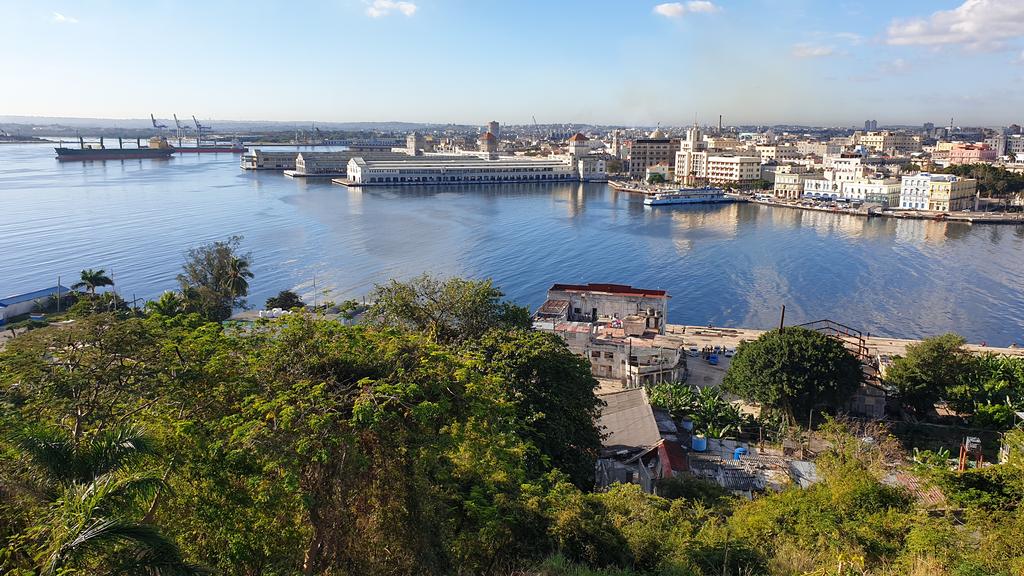ARES PRD : In situ monitoring of water quality in Cuban bays: creating and promoting the use of a scientific toolbox
Project context and status
Development research project with the University of Havana, funded for 5 years by ARES (2023-2028) and in collaboration with ULB and UCLouvain in Belgium. The aim will be to develop low-cost measuring buoys to monitor water quality in Havana Bay. This will involve setting up a Fab Lab at the University of Havana to strengthen its development and research capabilities.
Cuban team:
- Ernesto Altshuler (Professor, University of Havana, South coordinator)
- Geydis Fundora (Professor, University of Havana)
- Alex Rivera Rivera (Ph.D student, University of Havana)
- Luis Abel Rodriguez-de-Tomer (Ph.D student, University of Havana)
Belgian team:
- Alexandre Campo (Senior researcher, BASS, Université Libre de Bruxelles ULB)
- Florence Degavre (Professor, UClouvain)
- Stamatios Nicolis (Senior researcher, BASS, Université Libre de Bruxelles ULB)
- Axel Cornu (Technician, Frugal Lab - Fab Lab ULB, Université Libre de Bruxelles ULB)
- Denis Terwagne (Professor, Frugal Lab - Fab Lab ULB, Université Libre de Bruxelles ULB, North coordinator)

Project abstract
The bay of Havana shows large amounts of phytoplanktonic chlorophyll-a, indicating eutrophication. It is the consequence of the discharge of sewage, detergents and plastics, river inputs on the water body and consists in an excessive growth of plankton, which implies oxygen depletion of the water body, with a myriad of negative consequences on the ecosystems, and important economic impact on activities such as tourism and fisheries.
Water pollution monitoring in Cuban bays is performed by government institutions and consists in collecting water samples from a boat and analyzing them in the lab. While this method has allowed a partial characterization of the pollution issues, it poses important limitations such as a small spatiotemporal monitoring and a risk of sample degradation. The causes and remediations to the eutrophication are therefore difficult to assess, due to the lack of more continuous data. In this project, a scientific toolbox will be developed aimed at minimizing these limitations. It is conceived to be used by technicians, engineers, natural and social scientists, as well as the community.
Low-cost floating devices enabled by ultra-low power electronics will be designed and constructed, able to in situ measure a set of classical parameters related to water quality, as well as phytoplanktonic chlorophyll-a, and the presence of microplastics. These devices will wirelessly transmit data in real time for further analyses. Most of the data will be open to the community, that will be offered tools to interpret the data, and suggestions to positively impact in the bay’s water quality.
The devices will be tested in a small wave flume that will be constructed at the Physics Faculty at the University of Havana. It will also be used for interdisciplinary outreach and teaching activities. A Fab Lab (i.e. fabrication laboratory) will be also set up to guarantee the sustainability and future devices developments, as well as the direct participation of the community in the process, with emphasis in local schools.